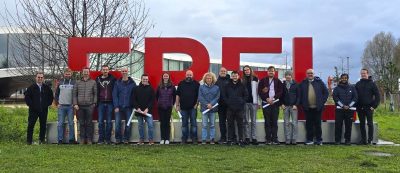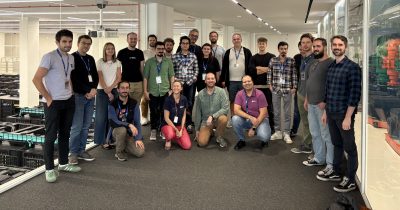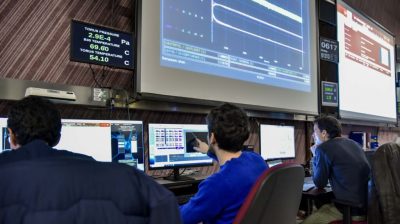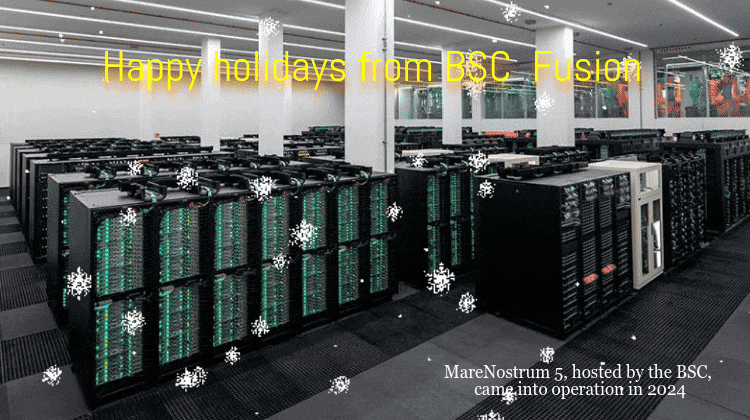
On November 25–26, the 3rd Annual Meeting of EUROfusion HPC ACHs took place in Lausanne (Switzerland), hosted by EPFL, further consolidating the series of yearly gatherings. The BSC-CIEMAT ACH was represented by fusion group members Alejandro Soba, Federico Cipolletta, Augusto Maidana and Xavier Sáez, together with Joan Vinyals from the Best Practices for Performance and Portability (BPPP) group, actively contributing to the discussions and technical exchange throughout the event. This third edition has confirmed that this yearly event among ACHs has been an important step toward sharing results, lessons learned, and jointly planning future work.





